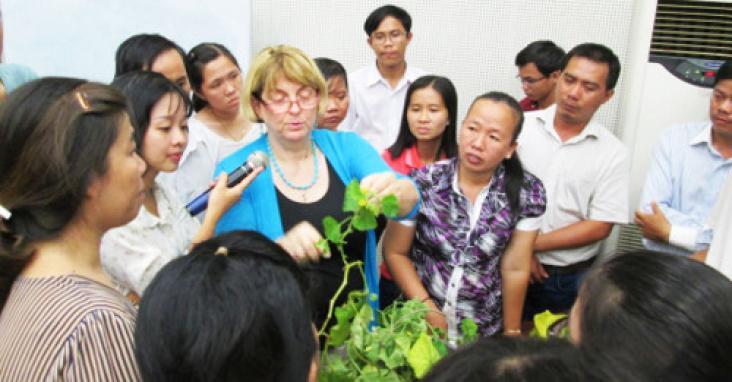Transgender people are a diverse population affected by a range of negative health indicators across high-income, middle-income, and low-income settings.
In this paper we examine the social and legal conditions in which many transgender people (often called trans people) live, and the medical perspectives that frame the provision of health care for tra
Gay, bisexual, and other men who have sex with men (MSM) continue to have disproportionately high burdens of HIV infection in countries of low, middle, and high income in 2016.
There is a paucity of research on sexuality within accounting studies in general, and next to nothing on lesbian, gay, bisexual and trans* (LGBT) sexualities in particular.
This content aligns with Goal 3: Good Health as well as Goal 10: Reduced Inequalities by reviewing the mechanisms of viral spread that are facilitated by cell–cell interactions and cell migration and discuss their implications for viral transmission, pathogenesis, and prevention.

The Sustainability science program is a partnership between the Elsevier Foundation and the World Academy of Sciences (TWAS) aiming to promote visibility and knowledge exchange for developing country researchers through travel grants, expert exchanges and case study competitions.
As the post-MDG era approaches in 2016, reducing child undernutrition is gaining high priority on the international development agenda, both as a maker and marker of development.
There is a very large literature examining income inequality in relation to health.
Purpose The mental health and victimization of lesbian, gay, bisexual, transgender, and questioning (LGBTQ) youth have garnered media attention with the "It Gets Better Project." Despite this popular
Purpose Transgender youth represent a vulnerable population at risk for negative mental health outcomes including depression, anxiety, self-harm, and suicidality.
